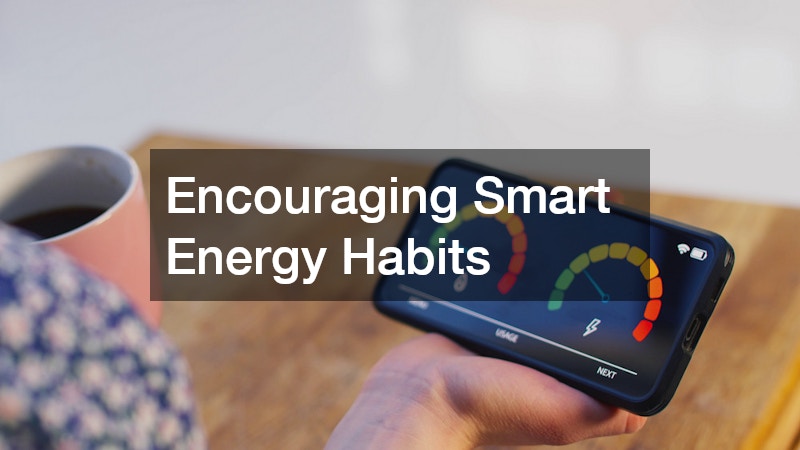
In today’s world, energy efficiency has become a top priority for homeowners. Rising utility costs, environmental concerns, and the desire for a comfortable living space have all contributed to this growing focus. One of the most effective ways to improve energy efficiency is through proper heating, ventilation, and air conditioning (HVAC) management. While many homeowners attempt DIY solutions, consulting professionals can yield far better results. HVAC contractors play a pivotal role in ensuring your system operates efficiently, reducing energy consumption, and lowering utility bills.
Assessing Your Current System
The first step in improving your home’s energy efficiency is understanding your current HVAC system. An outdated or poorly maintained system can waste significant energy, leading to higher costs and uneven temperature distribution.
Professionals can conduct a thorough assessment to identify inefficiencies. This includes checking ductwork for leaks, evaluating insulation, and testing airflow. Small issues such as clogged filters or dirty coils may seem minor, but can drastically affect system performance over time.
Regular maintenance, such as cleaning and replacing filters, adjusting thermostats, and inspecting refrigerant levels, can also make a notable difference. HVAC contractors are trained to spot hidden problems that might go unnoticed by the average homeowner, ensuring your system runs at peak performance. By identifying and resolving inefficiencies early, homeowners can prevent unnecessary energy loss and extend the life of their equipment.
Upgrading to Energy-Efficient Equipment
Once your current system has been evaluated, upgrading to energy-efficient equipment is often the next step. Modern heating and cooling units are designed with advanced technology that consumes less energy while maintaining optimal comfort. For example, high-efficiency furnaces and air conditioners use variable-speed motors and advanced compressors to reduce energy use without compromising performance.
Additionally, smart thermostats allow for precise temperature control, learning your habits, and adjusting settings to minimise waste. They can also recommend the right equipment for your home size, climate, and lifestyle, ensuring an ideal balance between efficiency and comfort. Choosing the correct system is crucial, as improperly sized equipment can increase energy consumption and reduce overall efficiency.
Investing in energy-efficient upgrades can also increase your home’s resale value. Prospective buyers are often drawn to homes with lower utility bills and environmentally conscious features. Over time, the savings generated from reduced energy consumption can offset the initial cost of installing advanced HVAC systems.
Optimising Home Insulation and Airflow
Even the most advanced HVAC system cannot perform efficiently if your home has poor insulation or blocked airflow. Proper insulation keeps warm or cool air inside your home, reducing the need for continuous heating or cooling. Air leaks around doors, windows, and attics can significantly impact energy efficiency, causing the system to work harder to maintain desired temperatures.
HVAC contractors can help identify weak points in your home’s envelope and recommend solutions such as sealing leaks, adding insulation, or installing energy-efficient windows. Additionally, they can ensure that air vents and ducts are correctly positioned and unobstructed to facilitate smooth airflow. Balancing airflow throughout the home prevents certain rooms from becoming excessively hot or cold, reducing unnecessary energy consumption and improving overall comfort.
Regular inspections of ductwork are also essential. Over time, ducts can develop leaks or accumulate dust and debris, reducing airflow and forcing the HVAC system to compensate. Cleaning and sealing ducts not only improve efficiency but also enhance indoor air quality, creating a healthier living environment.
Encouraging Smart Energy Habits
While system upgrades and maintenance play a critical role in energy efficiency, homeowner behaviour also matters. Simple practices, such as adjusting thermostat settings, using ceiling fans, and turning off unused appliances, can reduce energy consumption. An HVAC contractor can provide guidance on optimising energy use based on your specific system and living patterns. Even small changes, when combined consistently, can have a significant impact on both energy bills and the overall environmental footprint of your home.
By combining professional recommendations with smart daily habits, homeowners can maximise the efficiency of their HVAC system. Educating household members about the impact of energy-conscious decisions ensures consistent practices, ultimately reducing both energy bills and environmental impact. Some contractors even offer ongoing monitoring services, allowing homeowners to track energy use and identify areas for further improvement.
Improving your home’s energy efficiency is a multifaceted process that requires both professional expertise and mindful homeowner practices. From assessing your current system to upgrading equipment, optimising insulation, and promoting smart energy habits, every step contributes to a more efficient and comfortable living space. Working with experienced HVAC contractors ensures that your system operates at its best, reducing energy consumption, lowering costs, and extending the lifespan of your equipment. By investing in efficiency now, homeowners can enjoy long-term savings, improved comfort, and a smaller environmental footprint. Taking proactive steps today not only enhances your home’s comfort but also supports a sustainable future for generations to come.



